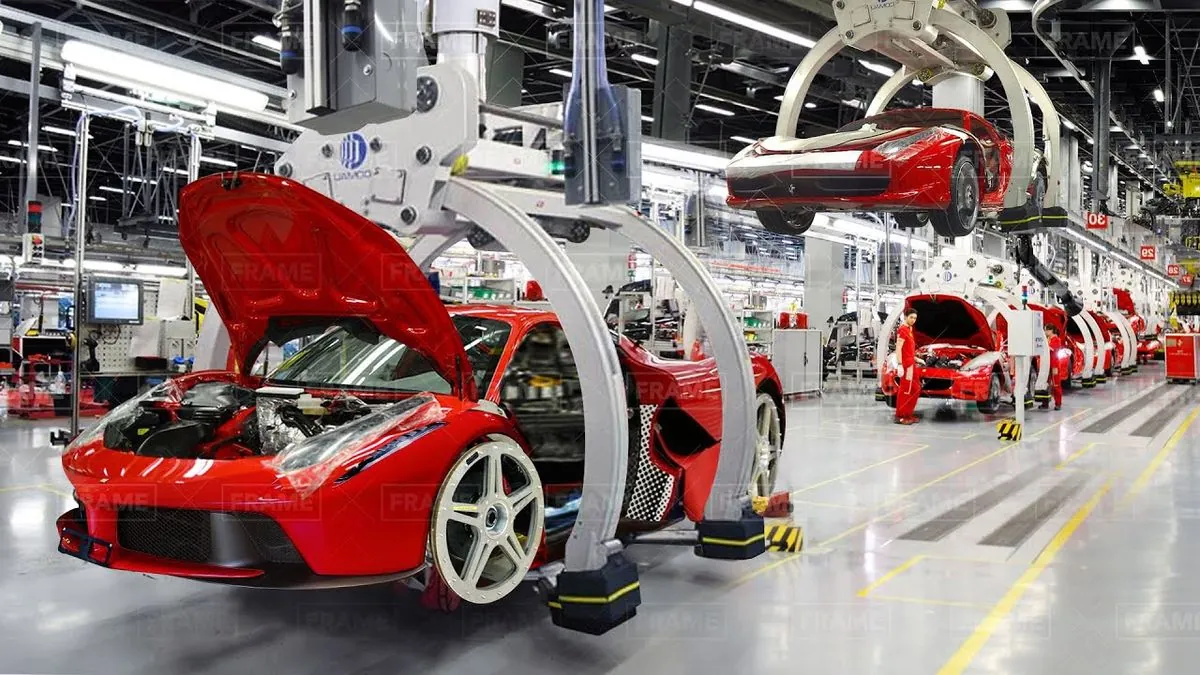Italy Urges Early Review of EU's 2035 Combustion Engine Car Ban
Italy's industry minister calls for reassessment of EU's 2035 ban on new petrol and diesel cars. The government advocates for technological flexibility in meeting decarbonization targets.

In a significant development regarding the European Union's automotive regulations, Italy's industry minister has proposed an earlier reassessment of the bloc's plan to ban new petrol and diesel car sales by 2035. This call for review comes amidst growing concerns about the impact of such regulations on the automotive industry and employment.
Speaking at a business forum in Cernobbio, Italy, Adolfo Urso, the country's industry minister, suggested that the evaluation of progress towards the new rules should occur at the beginning of next year, rather than in 2026 as currently scheduled. Urso emphasized the need for clarity, stating, "I think this should be the first issue the new European Commission deals with, because companies and workers need clarity."
The EU's current legislation, which effectively prohibits the sale of new fossil fuel-powered vehicles after 2035, is part of its ambitious "Fit for 55" package aimed at reducing greenhouse gas emissions by 55% by 2030. This move towards zero-emission vehicles aligns with the EU's broader climate goals and its target of having at least 30 million zero-emission vehicles on its roads by 2030.
However, the Italian government, led by Prime Minister Giorgia Meloni, advocates for a more flexible approach. They believe member states should have greater freedom in choosing technologies to meet agreed decarbonization targets, supporting a gradual transition away from combustion engine technology.

Gilberto Pichetto Fratin, Italy's Energy Minister, echoed this sentiment at the same conference, describing the 2035 ban as "absurd" and in need of revision. This stance reflects concerns about the potential impact on Italy's automotive sector, which employs over 250,000 people directly and indirectly.
The debate surrounding the EU's automotive regulations highlights the complex balance between environmental goals and economic considerations. With the EU's car industry directly employing about 2.6 million people, the transition to electric vehicles poses significant challenges for traditional auto industry jobs.
As the global market for electric vehicles continues to grow rapidly, the EU faces the task of maintaining its competitiveness while meeting its climate commitments. The proposed earlier reassessment could provide an opportunity to address these concerns and potentially adjust the timeline or approach to the 2035 ban.
The outcome of this debate will have far-reaching implications for the EU's 27 member states, the automotive industry, and the bloc's climate strategy. As the discussion unfolds, stakeholders will be closely watching for any potential shifts in policy that could reshape the future of transportation in Europe.


































